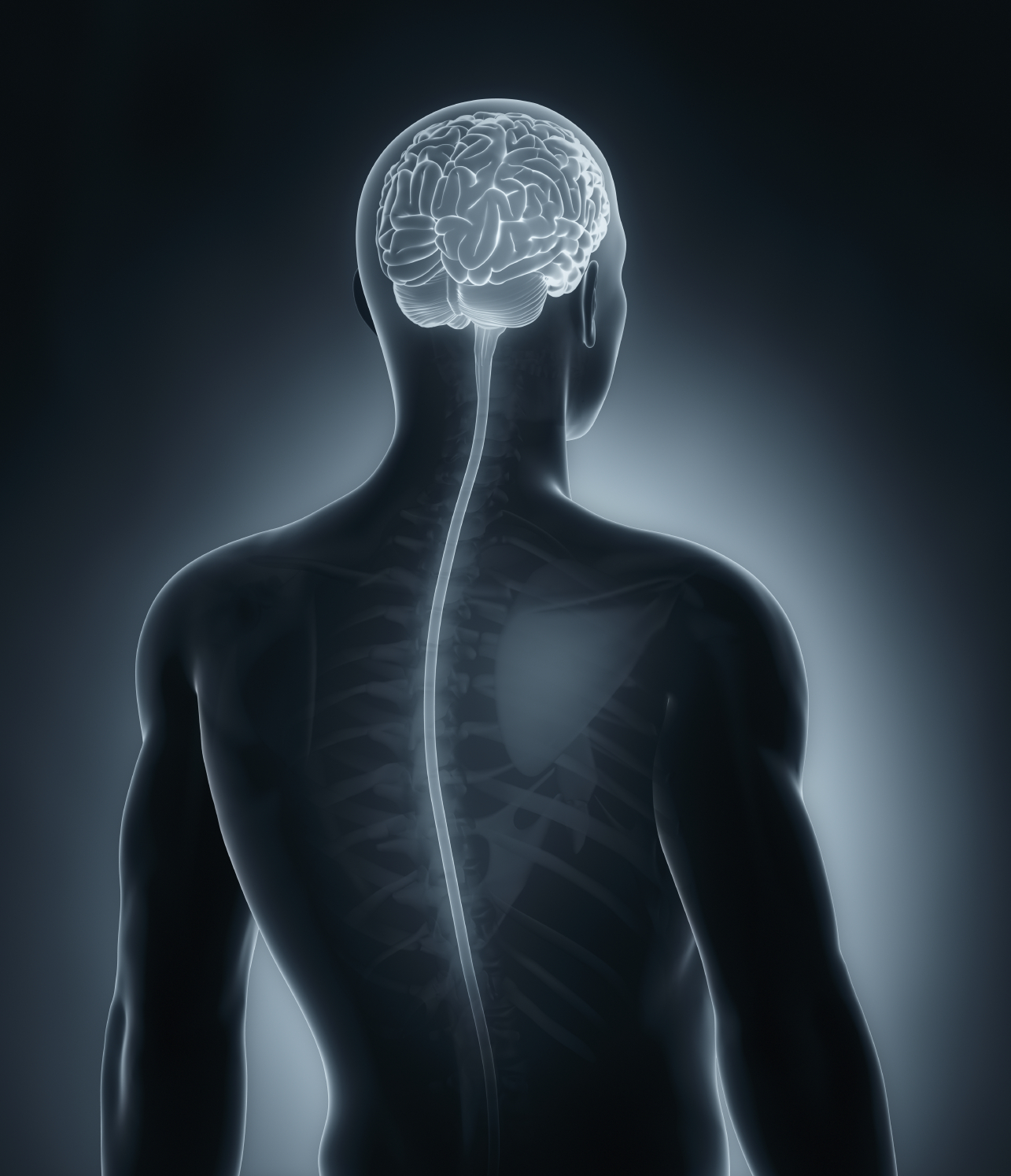Byline: Melissa Rohman
-

Mechanisms of Antibody Production May Help Improve Vaccines
Northwestern scientists have discovered how IgA antibodies are produced through unexpected cellular pathways, findings that may help inform the design of more effective vaccines to prevent infections, according to a recent study.
-

Global Health Day Celebrates Research and International Collaboration
Northwestern students, faculty, staff and community partners shared and recognized global health research, education and outreach at the Robert J. Havey, MD Institute for Global Health’s 14th annual Global Health Day on November 19.
-

Genetic Mechanisms Promote Antimicrobial Resistance in Gonorrhea
Northwestern Medicine scientists have identified previously unknown genetic mechanisms that promote antimicrobial resistance in gonorrhea, findings that may inform the development of more effective treatment strategies, according to a recent study published in PLoS Pathogens.
-

Aortic Valve Replacements and Surgery Show Similar Long-Term Survival Rates
Patients with severe aortic stenosis who had a transcatheter aortic valve replacement procedure demonstrated similar seven-year survival outcomes compared to patients who had traditional surgery, according to a recent study published in The New England Journal of Medicine.
-

Novel Imaging Approach May Improve Treatment for Spinal Cord Injuries
Northwestern Medicine investigators have developed a new imaging approach to more accurately assess blood flow in the spinal cord, a method that could be used to better inform treatment for neurological diseases and injuries, as described in a recent study published in Scientific Reports.
-

Targeting Cardiovascular Aging to Reduce Disease Risk
Northwestern Medicine scientists have uncovered new insights into how the PAI-1 protein contributes to cardiovascular aging and how inhibiting PAI-1 may be a promising therapeutic approach for mitigating cardiovascular disease, according to recent findings published in The Journal of Clinical Investigation.
-

Les Turner Symposium on ALS Celebrates Advancements
Northwestern scientists, clinicians and people living with ALS gathered to learn about the latest research and celebrate advancements in patient care during the 15th annual Les Turner Symposium on ALS held at Northwestern Memorial Hospital on November 3.
-

Symposium Showcases Research and Collaboration
Feinberg students, trainees, faculty and members from partner institutions shared research on interventions and policies aimed at advancing equitable healthcare on Oct. 14.
-

Transcription Factor Drives Chemotherapy Resistance in Ovarian Cancer
Northwestern Medicine scientists have discovered how a specific transcription factor promotes genetic reprogramming and chemotherapy resistance in ovarian cancer cells, findings that may inform new targeted treatment approaches that inhibit this process and improve patient outcomes, according to a recent study published in The Journal of Clinical Investigation.
-

Novel Molecular Mechanisms Shape Neuron Identity
A recent study led by Tiffany Schmidt, PhD, has discovered previously unknown cellular mechanisms that shape neuron identity in retinal cells, findings that may improve the understanding of brain circuitry and disease.





